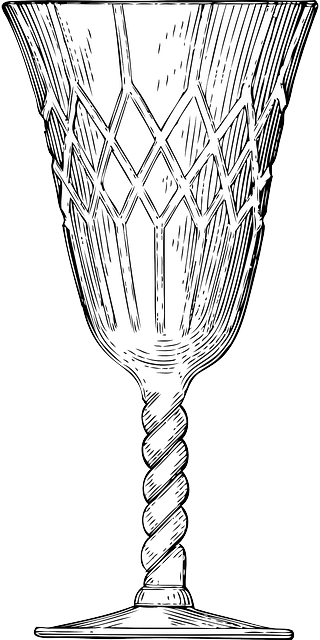As technology and science become more pervasive and important in our everyday lives, expertly edited technical documents will become more and more in demand. They’re important to businesses, organizations, and consumers alike.
Whether you’re a novice or you’ve written and edited technical documents for decades, here are 10 best practices you’ll want to keep in mind.
1. Know Your Audience and Write Exclusively for Them and to Them
When writing or editing technical documents, it’s essential that you first understand your target audiences and their backgrounds and preferences, and that you conduct research and collect data about them.
For example, some things you’ll want to consider:
- whether your document is aimed at marketers who are new to your organization
- whether you’re writing a user manual for common consumers with little to no experience with your technology platform
- whether you’re writing a manual for experienced coders who already use your technology platform on a deeper level
Essentially, it’s imperative that you understand your audiences’ demographic information and backgrounds, and that you cater your technical content to suit their needs and preferences. Otherwise, it will be impossible or challenging for them to understand, and it will not end up being helpful.
Also, be sure to use “you” and speak to your audience directly in your technical documents and provide plain and simple actions for them to take. Basically, remember to always provide your audience with helpful information in a way that’s easy for them to follow.







 Nearly everybody has an Achilles’ heel when it comes to writing…that one grammar rule you can’t remember without double-checking a grammar guide first, or that tough-to-spell word you have to check in the dictionary every time you write it (so you don’t look dumb). Some writers aren’t great with prepositions, yet they never confuse verb tenses, and other writers aren’t great with punctuation usage, but they never misspell any words, and so on. Such Achilles’ heels in writing are why writers prefer to rely on editors and proofreaders.
Nearly everybody has an Achilles’ heel when it comes to writing…that one grammar rule you can’t remember without double-checking a grammar guide first, or that tough-to-spell word you have to check in the dictionary every time you write it (so you don’t look dumb). Some writers aren’t great with prepositions, yet they never confuse verb tenses, and other writers aren’t great with punctuation usage, but they never misspell any words, and so on. Such Achilles’ heels in writing are why writers prefer to rely on editors and proofreaders.

